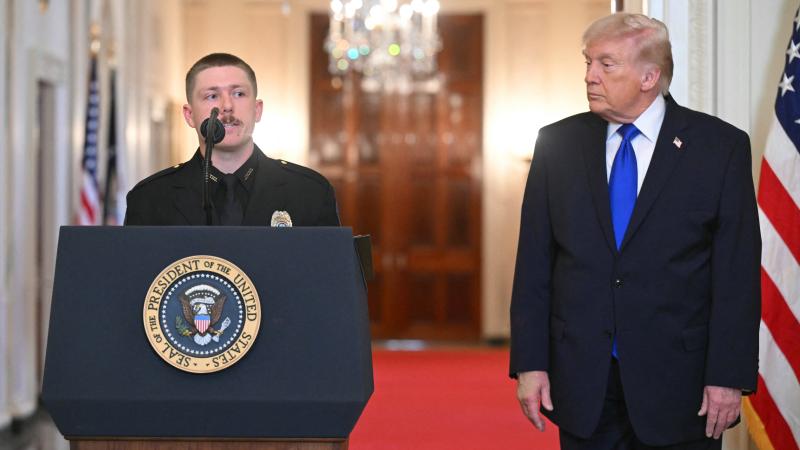Biden admin announces partnership with internet providers to cap rates for low-income households
The deal will mean roughly 48 millions U.S. households could qualify for completely free high-speed internet.
The White House said Monday that 20 internet providers have agreed to provide discounted service rates to low-income individuals as part of a program that could make internet free to millions of households through an already established federal subsidy.
The money will come from the bipartisan, roughly $1.5 trillion infrastructure package passed by Congress and signed ingto law by Democrat President Joe Biden in xxxx. Within that package is over $14 billion in funding for the Affordable Connectivity Program, which provides a $30 monthly subsidy (more for those on tribal lands) for the cost of internet service for millions of poor Americans.
A household is eligible for the government subsidy if its income is at or below 200% of the federal poverty level, or if a member of the family participates in one of a number of federal assistance programs.
The provider deal will make close to 48 million U.S. households eligible for $30 monthly plans for 100 megabits per second, or higher speed, service. That rate coupled with the ACP subsidy would mean internet service paid for in full, for those households, through the government.
The average U.S. cost of broadband internet is about $60 per month, according to move.org.
Expanding access to high-speed internet across rural and low-income areas was a campaign promise made by then-candidate Joe Biden, as well as a key point of emphasis during his push for the passage of the infrastructure bill. Throughout and especially during the pandemic, the need for consistently reliable Wi-Fi access for families was underscored as children switched to remote learning.
Implementing the program has reportedly been a challenge because contacting people who don't have internet service has been difficult.
On Monday, President Biden and Vice President Kamala Harris are meeting with telecom executives and lawmakers, among others, to bring attention to their effort to expand access to high-speed internet for low-income Americans households.
"High-speed internet service is no longer a luxury – it's a necessity. But too many families go without high-speed internet because of the cost or have to cut back on other essentials to make their monthly internet service payments," reads a statement from the White House.
Major companies including AT&T, Comcast, and Verizon have committed to administration's endeavor, as well as regional companies like Hawaiian Telecom and Tennessee's Jackson Energy Authority.















